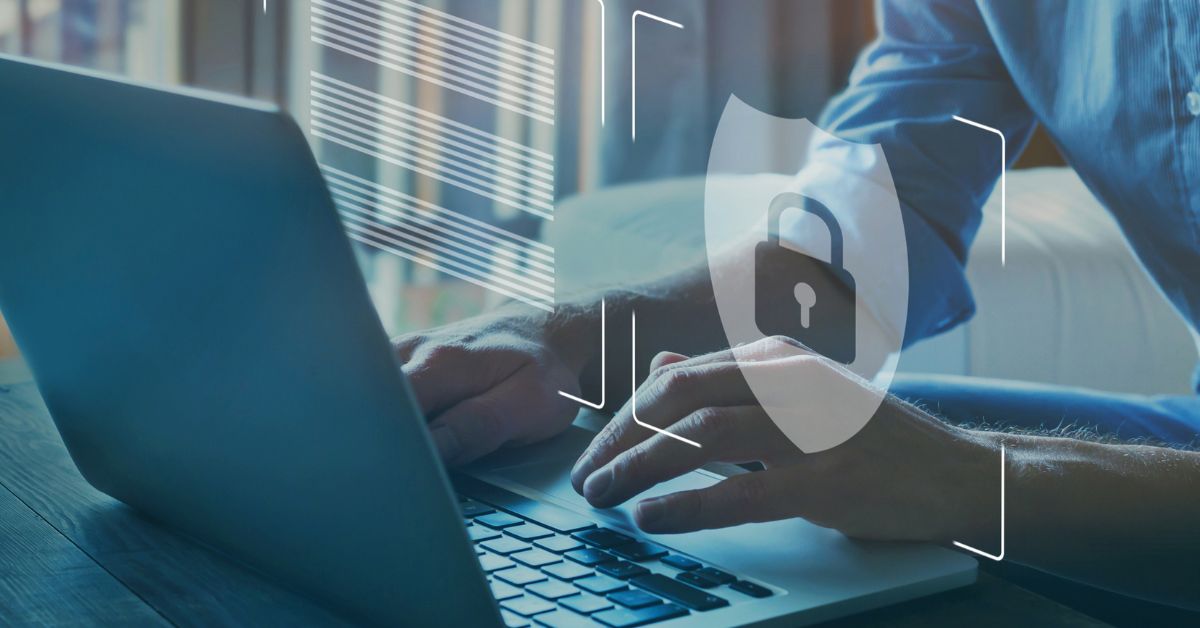In today’s digital landscape, where cyber threats are rampant, having a robust firewall is essential to protect your digital assets. In this post, we will explore the best practices for using a firewall effectively. Additionally, we will highlight the importance of partnering with a reputable digital computer forensics company to enhance your cybersecurity posture.
Understand Your Network:
Before implementing a firewall, it is crucial to have a clear understanding of your network infrastructure. Identify all devices, systems, and applications connected to your network. This knowledge will help you determine the appropriate firewall configurations and rules.
Choose the Right Firewall Solution:
The type of firewall deployed in your network is also an essential factor. Firewalls come in both hardware and software-based solutions, and it’s important to choose the right one for your business. Select a solution that best fits your budget while still providing the necessary protection.
Define Access Control Policies:
Create well-defined access control policies that dictate which traffic is allowed or denied by the firewall. Consider implementing the principle of least privilege, granting only necessary permissions to users and systems. Regularly review and update these policies to adapt to changing business needs.
Enable Intrusion Detection and Prevention Systems (IDPS):
An IDPS, or intrusion detection and prevention system, works together with your firewall to enhance your network security. It keeps a watchful eye on your network traffic and can detect any suspicious activity. Once identified, it takes proactive steps to mitigate potential threats and prevent unauthorized access. Combining an IDPS with your firewall can bolster your overall security stance.
Regularly Update and Patch:

It is important to regularly update the software of your firewall to maintain its effectiveness against new threats. Manufacturers release updates that include bug fixes, security patches, and improved performance. Check for updates regularly and apply them promptly to ensure your firewall is up to date.
Implement VPN for Remote Access:
If your organization has remote workers or allows external access to the network, consider implementing a Virtual Private Network (VPN). A VPN establishes a secure, encrypted connection, protecting sensitive data during transmission. Ensure your firewall supports VPN functionality.
Monitor and Log Firewall Activity:
Enable firewall logging and regularly review the logs for any suspicious or anomalous activity. Monitoring firewall activity helps detect potential security breaches and provides valuable information for incident response and forensic investigations.
Conduct Regular Security Audits:
Periodically assess the effectiveness of your firewall implementation through security audits. Engage a reputable digital computer forensics company to conduct comprehensive audits, identify vulnerabilities, and recommend corrective actions.
Partnering with a Digital Computer Forensics Company:
When it comes to enhancing your cybersecurity defenses, collaborating with a reliable digital computer forensics company is invaluable. These experts specialize in conducting thorough investigations, responding to security incidents, and providing proactive recommendations to fortify your network.
The Role of a Digital Computer Forensics Company:
A digital computer forensics company brings expertise and experience in investigating cyber incidents, identifying the root cause, and helping organizations recover from attacks. They leverage advanced tools and methodologies to uncover evidence, analyze compromised systems, and identify potential vulnerabilities in your firewall setup.
By partnering with a digital computer forensics company, you gain access to their deep understanding of cyber threats, proactive incident response capabilities, and tailored security solutions to bolster your defenses.
Conclusion:
Employing best practices when using a firewall is vital for safeguarding your digital assets from cyber threats. By understanding your network, selecting the right firewall solution, defining access control policies, and staying vigilant with updates and patches, you can establish a robust security foundation. Additionally, partnering with a reputable digital computer forensics company adds an extra layer of protection and ensures a swift response to any security incidents.

